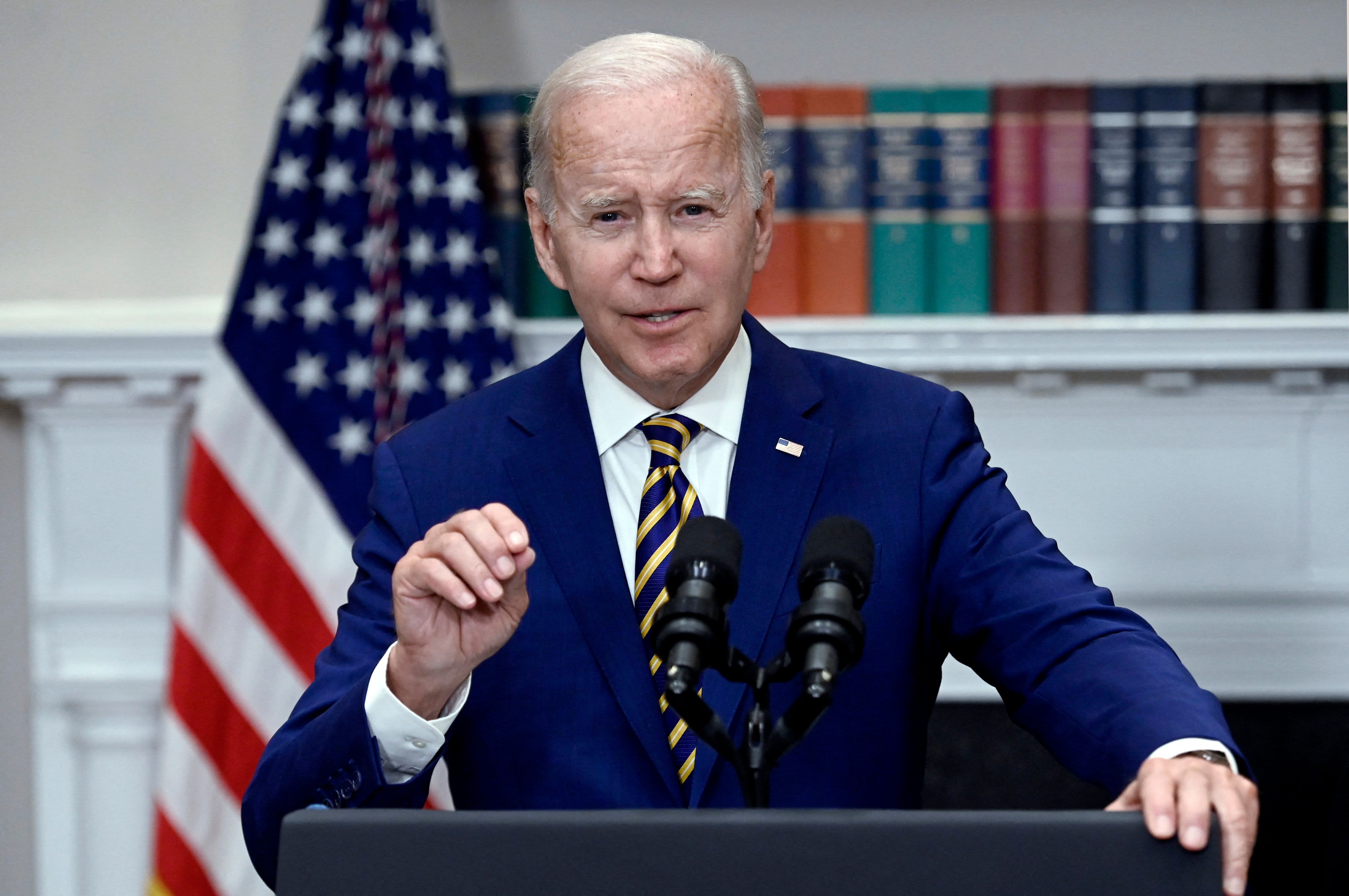The student debt forgiveness plan announced Wednesday by the Biden administration is expected to wipe out remaining loan balances for an estimated 20 million people, but debate over whether it is enough is bringing into focus the rising cost of a college education.
Boston University raised its tuition by 4.25% for the coming academic year, its largest jump in 14 years.
"By far, my greatest immediate concern is the impact of inflation on faculty and staff, our students and the university," BU President Robert A. Brown wrote in a letter to faculty and staff in May. "This increase does not keep pace with the current national rate of inflation and cannot fully offset the increased costs of University operations or fund salary increases that would fully mitigate the effects of inflation on the families of faculty and staff. I also am mindful that our students and their families are affected by our increases and by inflation. We are caught in an inflationary vise between the institutional pressures and the impact on our students and their families."
The cost of tuition, fees and room and board for a student attending Boston University in the 2022-2023 school year — not including books, supplies, health care and personal expenses — is estimated to be $79,760.
Get New England news, weather forecasts and entertainment stories to your inbox. Sign up for NECN newsletters.
Boston College implemented a 3.86% increase in tuition for the upcoming school year, bringing the overall annual cost of attendance to more than $80,000.
Harvard College also increased tuition for Harvard University's undergraduates by 3%, while MIT has raised its tuition by 3.75%. Many of these schools also pledged to increase financial assistance.
"It's been a traumatic experience to be holding student loans. You become afraid to open your mail, you're afraid to answer phone calls. You know, one late payment, and all of a sudden, you can't get a good interest rate on a car. That psychological impact, it really does make you wonder if it was worth what you thought was an investment in your future," said Vanessa Snow.
Snow is a UMass Amherst alumna who says she borrowed over $60,000 in student loans to pay for her undergraduate degree.
"While I was there from 2005 to 2009, we had significant fee increases, and tuition hikes, and you know, that's been the trend for, I would say the last 20 years in Massachusetts," she said.
Now a community organizer, Snow says higher education is out of reach for many.
"We see that going to a public school in Massachusetts oftentimes is more expensive than attending a private school that may have an endowment and able to offer more need based financial aid," she said.
More on student loan forgiveness
Roberto Jiménez Rivera is a Chelsea School Committee member with almost a decade of experience working in college admissions.
"The cost has continued to rise because we have continued to underfund our schools and we have more needs," he said. "We're hiring more faculty, we are providing more services for students, and as we continue to do more in our colleges and universities, if we are not funding them properly, then we have to increase tuition, because otherwise, we can’t make those ends meet. And as everything has gotten more expensive, things like health care have gotten more expensive, so that increased the cost of staffing."
Jiménez Rivera is running for state office and says he is advocating for systemic reform to prevent current and future generations of college students from incurring thousands of dollars in debt.
"It's getting way too expensive," he said. "We need to invest in our public colleges and universities so we can actually have those be affordable to the people in our communities."



